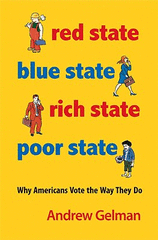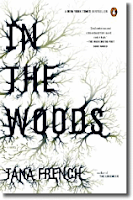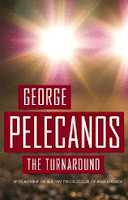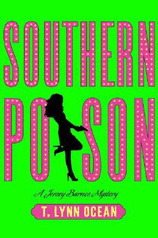 About the book, from the publisher:
About the book, from the publisher:Marion Nestle, acclaimed author of Food Politics, now tells the gripping story of how, in early 2007, a few telephone calls about sick cats set off the largest recall of consumer products in U.S. history and an international crisis over the safety of imported goods ranging from food to toothpaste, tires, and toys. Nestle follows the trail of tainted pet food ingredients back to their source in China and along the supply chain to their introduction into feed for pigs, chickens, and fish in the United States, Canada, and other countries throughout the world. What begins as a problem "merely" for cats and dogs soon becomes an issue of tremendous concern to everyone. Nestle uncovers unexpected connections among the food supplies for pets, farm animals, and people and identifies glaring gaps in the global oversight of food safety.Learn more about the book and author at the publisher's website, Marion Nestle's website, and the What to Eat blog.
Marion Nestle is Paulette Goddard Professor of Nutrition, Food Studies, and Public Health and Professor of Sociology at New York University. She is author of the award-winning Food Politics: How the Food Industry Influences Nutrition and Health, Safe Food: Bacteria, Biotechnology, and Bioterrorism, and What to Eat, among other books. She serves as nutrition coeditor of The Bark magazine.
The Page 99 Test: Pet Food Politics.
--Marshal Zeringue














































